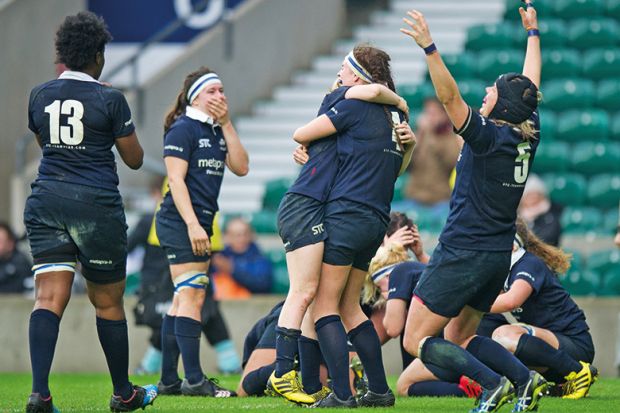The University of Oxford has retained its position as the highest-earning UK institution for research grant funding for the third year running, despite securing significantly less cash than in previous cycles.
While the overall success rate for institutions applying for grants from UK research councils improved in 2016-17, funding fell for many individual institutions in the list of top earners. Oxford secured £77.7 million, down from £90.7 million in 2015-16. This gave it a success rate of 29 per cent, down 2 percentage points on last year.
In second place, UCL received £76.4 million, a reduction of £9.4 million, which gave it a success rate of 27 per cent, compared with 28 per cent in 2015-16.
Ian Walmsley, pro vice-chancellor for research at Oxford, said that the lower success rate could be attributed in part to fewer proposals being submitted by the university.
“Oxford did win a smaller amount of funding from [Research Councils UK] in 2016-17 than 2015-16, but I don’t think that this reflects a major shift in activity or quality of research,” he told THE. “The difference between a 31 per cent success rate and 29 per cent amounts to [a difference of] half a dozen proposals out of more than 350 submitted, so [it] is not a cause for alarm.”
Overall research council grants 2016-17 by institution
Search by institution or sort table by each column
Of the institutions in the top 10 for UK research council income, the universities of Leeds and Cambridge had the highest success rate this year, of 32 per cent. For Cambridge, this was a rise of four percentage points, and came on the back of a £21 million year-on-year increase in funding, up to £75.5 million.
For Leeds, it was a nine percentage point increase – the biggest rise in the top 10 – with overall funding increasing by £12 million to £52.4 million.
Another top 10 institution that saw a big increase in funding was the University of Manchester, which brought in £63.7 million, compared with £40.7 million last year. Collette Fagan, Manchester’s vice-president for research, said that the growth in funding success could be attributed in part to a few big grants secured from the Global Challenges Research Fund.
Manchester enjoyed a success rate of 29 per cent, up two percentage points, a marker that Professor Fagan said “reflects our strategic approach which supports collaborative, interdisciplinary and international team-building at all career stages”.
The University of Sheffield also saw an improvement, jumping ahead by four places to make the top 10 thanks to a £9.6 million increase in funding, up to £40.6 million. Dave Petley, the institution’s vice-president for research and innovation, credited “provided targeted support for funding applicants across a range of disciplines that has resulted in an increase of 11 per cent in the number of principal investigators and co-investigators on RCUK grants”.




